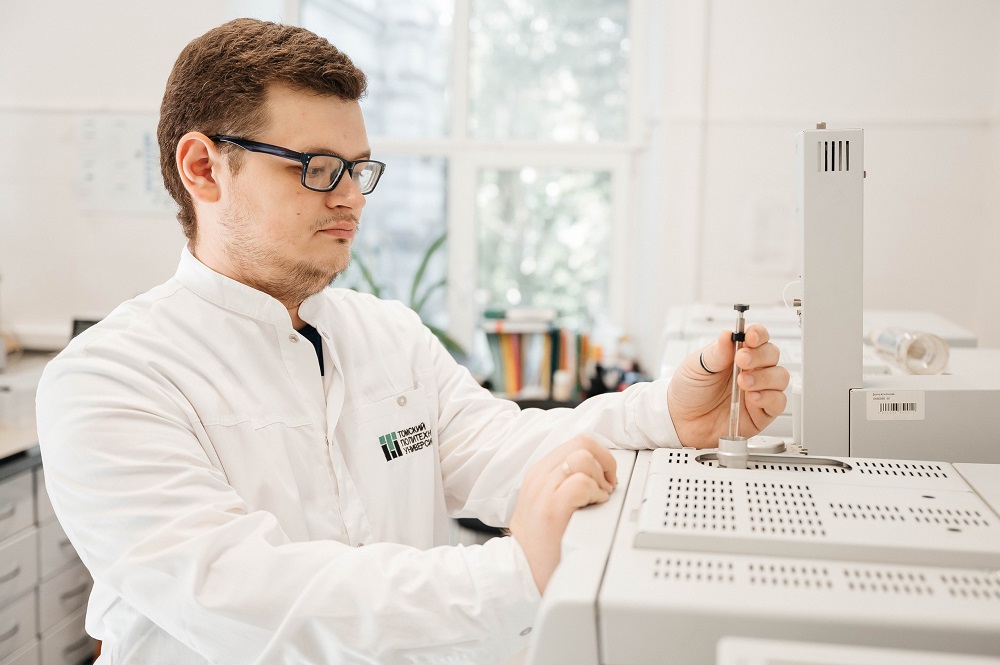The results were published in the ChemEngineering journal (Q2; IF:2.5). Journalists from the RIA Novosti news agency provided more details about the study.
During the processing of natural gas for domestic use, various by-products are formed. These include stable gas condensates, which are light and, under certain conditions, liquid hydrocarbons. Russia is the world leader in natural gas reserves and production. This provides a large volume of by-products that are currently not being used rationally.
Researchers at the School of Earth Sciences and Engineering have proposed to use them to produce a high value-added product. They have developed a universal technology for stable gas condensates of different compositions. The researchers obtained components of automotive gasoline from gas condensates by processing gas condensate liquids on a zeolite catalyst, taking into account the influence of catalyst particle size, process parameters and feedstock composition. They also developed ready-to-use gasoline blending formulations.
"A possible option for the rational use of stable gas condensates is their use as a feedstock for petrochemicals. However, in the case of our country this is unlikely, because the fields are usually located in remote areas and there is no possibility of transporting such feedstock to a petrochemical plant," said Ilya Bogdanov, research co-author, assistant at the TPU Department of Chemical Engineering.
The technology has been developed as a low-tonnage solution. It allows to produce gasoline directly in the field and to cover its own needs, as well as to sell it in nearby communities. An important feature of the technology is the use of catalysts produced locally, which makes it independent of imports.
At present, the project is fully implemented in laboratory conditions. The scientists plan to move to a pilot plant and develop a full-scale technology.
